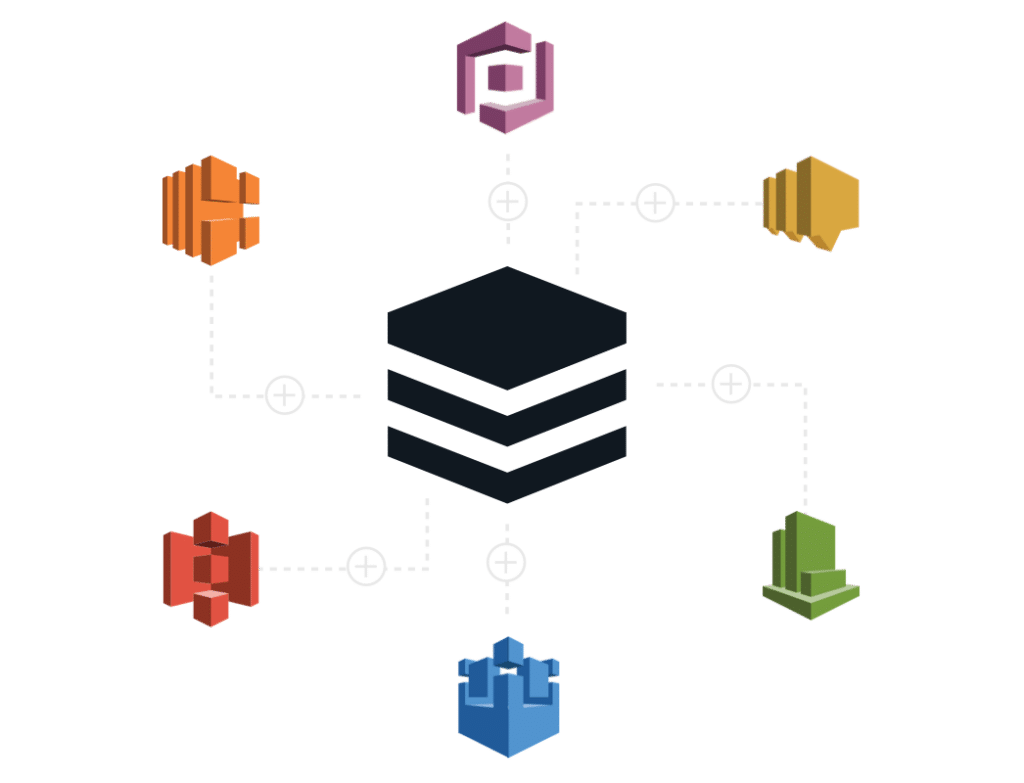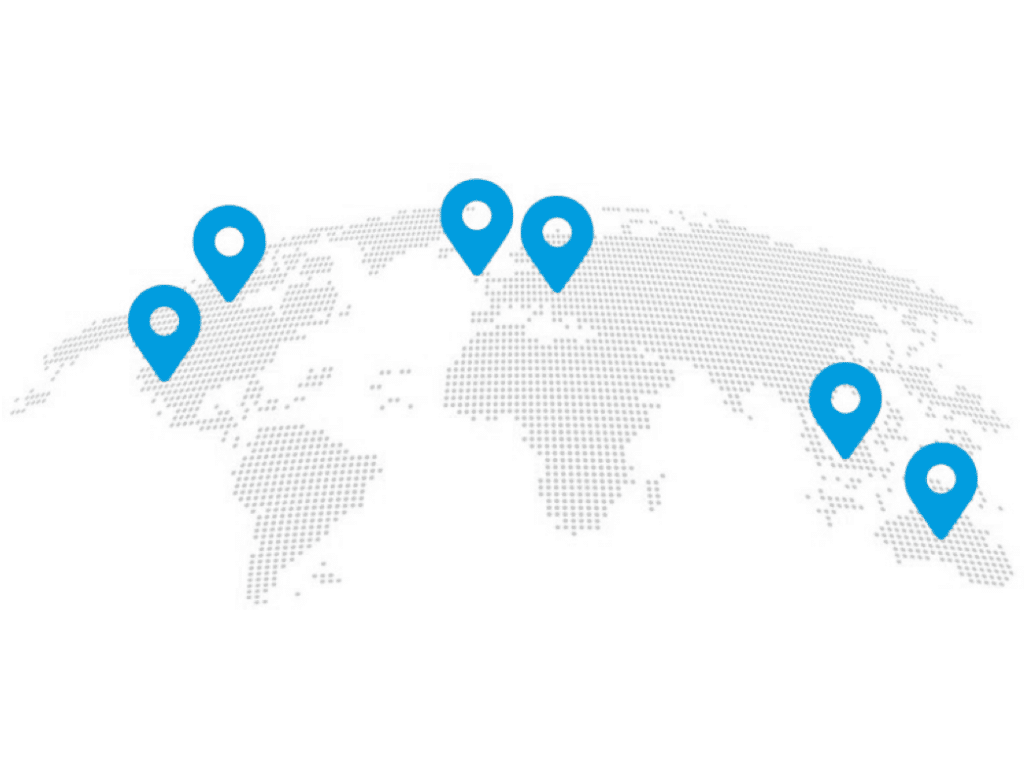Top 5 IT Features Your CRM Needs
CRM tools have become a staple in all organizations around the world. Correctly selected, they have the IT features and capabilities that help you save time and boost sales by offering clear insights on prospects and customers along their life cycles.
But apart from elevating the customer experience, CRM tools are also designed to provide the end user and organization a more streamlined experience for their cross-departmental processes and daily tasks.
With that in mind, let’s see the top five CRM features that can help your organization secure a better market position while satisfying the most stringent requirements in the IT sector.
1. Resilience
Technological resilience is critical for business development and growth. It helps you ensure that your operations and services run smoothly and uninterrupted despite possible internal and external events. Resilient CRMs are agile, scalable, recoverable, and interoperable. When selecting a CRM, you should ensure that you avoid a series of limitations that can sometimes be present in software products:
- Capacity limitations
- Application uptime
- Data quality challenges
- The system’s ability to recover from a technical failure, physical or cybernetic event
Having a technologically resilient CRM means that your platform will function despite a series of events that sometimes occur no matter how hard companies fight to keep at bay:
- Cyberattacks
- Data corruption
- Catastrophic system failure, etc.
Besides, technologically resilient CRMs offer high process visibility and transparency across all departments and processes. Transparency is a critical element that allows your teams to operate in tandem, eliminate data silos, and accelerate collaboration.
2. Low Administration Efforts
Let’s be honest. Only a handful of organizations have the budget and human resources to run an entire department to administer their CRM. While 60% cite using CRM as a centralized communication hub for nurturing leads or customers as their top priority, 29% see this as a major internal challenge due to a myriad of issues. One significant issue being a lack of internal knowledge and skills (37%). Because CRMs act as the cornerstone of your operations, these applications should be designed to be administered at a departmental level.
The real value of a CRM is given by the ease of usage and administration. Look into flexible solutions that can be administered at a departmental level without hiring dedicated employees to handle CRM administration tasks.
Also, search for vendors that offer clear support in the implementation and onboarding process. Their involvement in the process is a tell-tale sign of how successful your onboarding process will be and how your employees will navigate independent configurations and customizations of their CRM instances.
3. Cost Containment
Finding a CRM that is reliable and predictable in terms of costs is becoming increasingly difficult. Many vendors offer a series of features in their packages, but sometimes, users can be subjected to extra hidden fees. This aspect can quickly deteriorate one’s experience with a CRM and vendor as they lack the full features and functionality while costs stack up.
A reliable CRM should be predictable regarding costs, and business owners should have complete control of their tech budgets. Search for vendors that offer:
- Multi-year cost lock-in
- Pricing that is based on the tiered level of CRM usage
Paying attention to the cost aspect of a CRM application will allow you to confidently use the software and:
- Avoid billing surprises
- Access CRM usage stats in-app
- Align CRM costs with your long-term business requirements
4. CRM Integrations and Feature Extensibility
Organizations struggle with too many apps and systems they must navigate daily to continue their activity. According to our most recent report, the most prominent CRM challenges faced by enterprises are technology integration (41%) and platform feature limitations (41%). The truth is too many apps can overly complicate the entire process of running a business. To combat this, you should look into a CRM that lets you quickly integrate everything and acts as a central hub for your operations.
Ideal integrations foster a growth environment where data syncs up, and accuracy is guaranteed. A CRM only reaches its full potential when it connects with the software used at a departmental level. It extracts and interprets the data to offer a complete scenario context.
Why should you consider CRM solutions offering feature extensibility and quick integration management?
- It allows you to collaborate with existing applications in your tech stack.
- It meets your business needs as your company grows.
- It helps you maintain proper performance levels across your tech stack.
5. Privacy, Security, and Compliance
Because CRMs operate with large volumes of customer data, they need to comply with specific privacy, security, and data protection compliance requirements. Besides, they are more vulnerable in the face of cyber threats. Without similar protocols, sensitive data such as customer data, business practices and strategies, employment information, and more, are vulnerable to cyberattacks. Search for vendors that take a proactive stance regarding security, offer all privacy protections, and comply with all legal requirements in the areas where your business operates (GDPR, for instance).
If you’d like to learn more about which features should be included in your CRM for extended usability and higher adoption, practical solutions, best practices, and expert insights into how you can harness the full potential of your CRM, check out our CRM Insights: Overcome IT Challenges with CRM Interactive!



